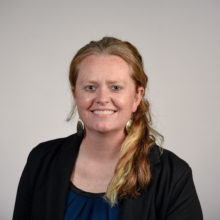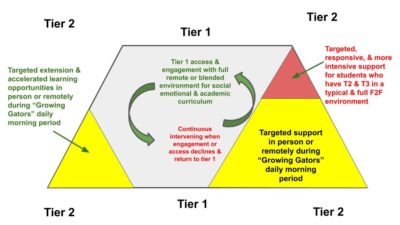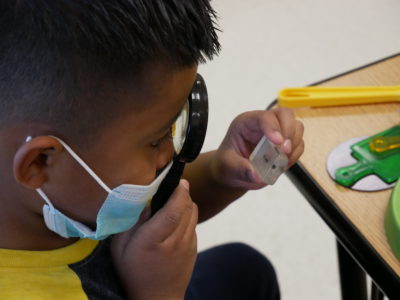
|
|
The pandemic continues to take a toll on public education’s trajectory. Almost all 50 states reported teacher shortages in the 2020-2021 school year. Additionally, substitute teachers, bus drivers, custodians, and support staff roles are hard to fill even as school has begun. Currently, the North Carolina General Assembly’s House of Representatives and Senate are negotiating the budget. One of many policy moves that would signal that we value the children who educators care for, serve, and teach is to adjust pay to make North Carolina competitive for attracting school employees. Specifically, aside from basic adjustments for economic inflation, pay needs to acknowledge the career investments of all classified and certified educators and employees.
We, Maria and kayce, want to share our perspective so you might use our story as an example of the lack of professional valuing across the spectrum of public education employees. Maria is a career and technical education teacher in a high school and kayce is a coordinator of Multi-Tiered Systems of Support in a middle school. We both spent our own money and between four and six years of our lives to become doctors of education, the highest degree available. Yet, the state does not recognize our advanced degrees in our monthly paychecks. The fact that higher education is not valued in the actual field of education is not only ironic, but it makes it difficult to believe that policymakers in power value us and the youth and schools we serve.
The fact that we receive no stipend or bonus for our doctorate degrees is something that dumbfounds our non-educator friends. In fact, no educator earning a master’s degree since 2013 in North Carolina has received any stipend or increase whatsoever. The reason for the state’s removal of advanced degree pay in 2013 was because of studies which showed that advanced degrees made no difference in effectiveness. Yet, effectiveness, as measured by student scores on standardized tests, is a very limited measure of educational success. It ignores the many other valuable aspects of educators’ work such as supporting students’ mental, physical, and emotional health, and it ignores ways that we take on leadership roles.
Such tests will never account for the ways that Maria’s doctorate has instilled a desire for lifelong learning in her students and herself. Her students are voracious learners who regularly ask her about her knowledge beyond the prescribed curriculum. Her knowledge base, expanded by her further education, is an asset to them. Standardized tests also do not account for some of kayce’s passions that were invigorated and made whole in her doctoral education. Skills she developed around elevating youth voice, promoting and measuring positive school climate, and community building for more equitable policy and practices benefit the school in which she works with other adults and the district where she serves.
This is all not to mention the vast skill sets that exist among classified staff which can be groomed and developed for retainment and workforce development. Our classified employee friends have not seen pay increases in years. Local supplement increases and bonuses should be applauded and become more the norm than the exception, but they do not always include our classified colleagues. The message becomes that a bus driver’s, cafeteria worker’s, custodian’s or teacher assistant’s impact on youth and the system overall is less important than ours. All of these individuals play an integral role in creating environments for student safety and growth.
It is well documented that employees who feel valued are healthier, have a greater sense of efficacy, and are more motivated. Over the last decade in North Carolina, despite misleading messaging to the public at times from the General Assembly leadership, ongoing policy decisions have increasingly shown a lack of value for educational professionals and the vulnerable youth we serve. The pandemic’s pressures have exacerbated all of this, especially at the school level, which is why one in three educators said they will leave the profession earlier than planned in a National Education Association survey.
The message sent to all of us in the education profession, no matter our classified, certified, or degree-earning status, is that our positions, passions, and careers are expected to be that of self-sacrifice. North Carolina has the ability and resources to address the teacher shortage, to think innovatively about pathways for our human capital, and to pay us adequate living wages that acknowledge our experience and/or degrees. A natural by-product of investing financially in educator professionals is that students have a model that shows them that education is a valuable thing to possess.






